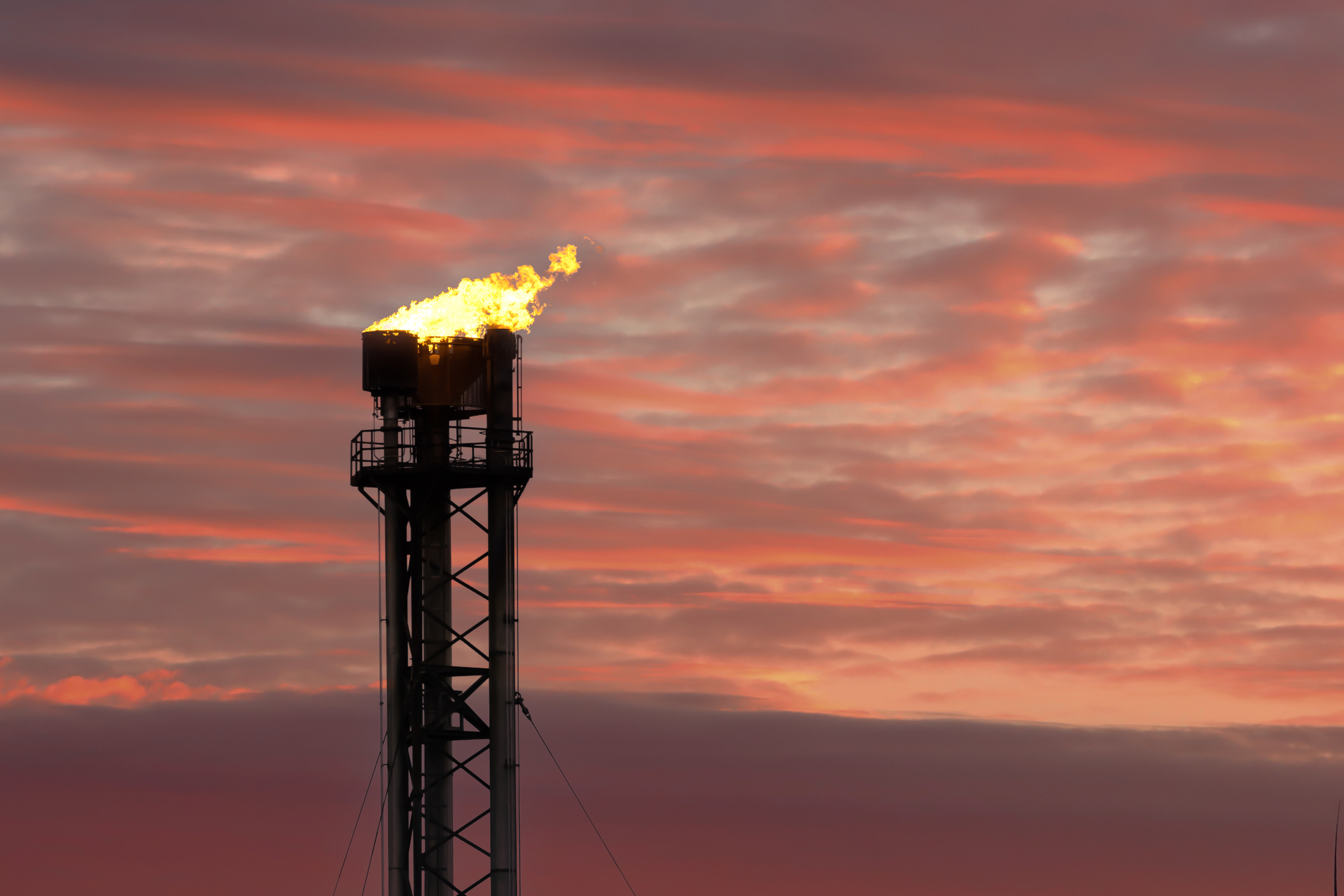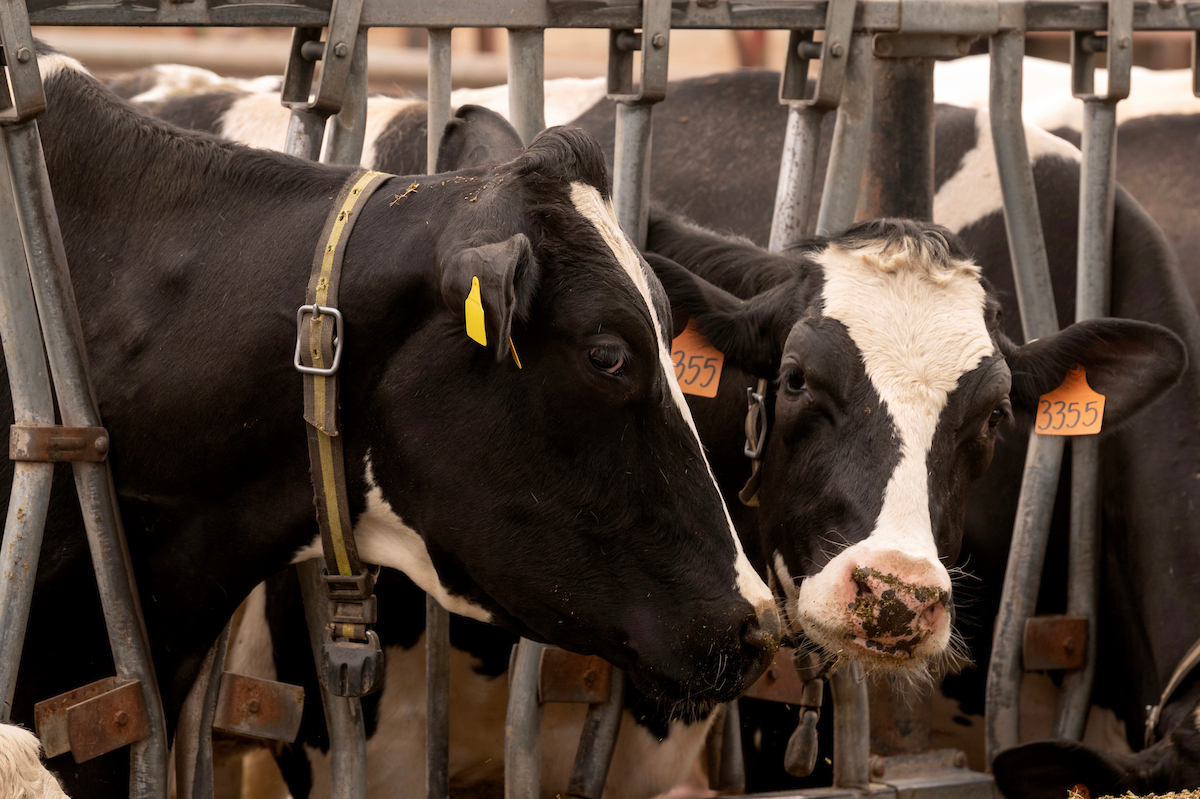As global emissions continue to climb, there is a growing call for rapidly reducing methane.
UC Davis Professor Tessa Hill spoke about the benefits that can come from fast action on methane with the hosts of We Don’t Have Time during this year’s Climate Week NYC, held Sept 21-28. She was joined by Fatima Denton, director of the United Nations University-Institute for Natural Resources in Africa.
They are coauthors of a report released this week, “Methane: The Emergency Brake for Climate Heating,” from the international Climate Crisis Advisory Group, founded by the UK’s former Chief Scientific Advisor Sir David King.
“Methane is an extremely powerful greenhouse gas — many times more powerful than carbon dioxide — but it’s also very short-lived in the atmosphere,” said Hill, an oceanographer at Bodega Marine Laboratory in the UC Davis Department of Earth and Planetary Sciences. “What that means is that, while it might feel at the moment that our foot is on the accelerator of climate change with greenhouse gas emissions, reducing methane emissions is really pulling the emergency brake. We have the ability to really make a huge impact on future warming by reducing methane emissions quickly.”
Stopping energy leaks
The report said nearly all human-made methane emissions come from just three sectors: energy (oil, gas and coal), agriculture (livestock and rice) and waste from landfills. The energy sector offers the biggest opportunity for rapid reductions as well as industry efficiencies.
“The main source of methane coming out of the energy system from fossil fuels are actually leaks and flares,” said Hill. “The main recommendation of the report is that the issue of leakage from the fossil fuel industry really needs to be dealt with and actually would account for a very large proportion of the global methane emissions we’re talking about.”

Clean cooking and climate financing
The report also said advances in clean cooking would hold major benefits for many people in Africa and other places where biomass is the dominant fuel, added Denton.
She also noted a need for climate financing so countries representing a small proportion of climate emissions do not shoulder a disproportionate amount of the burden to monitor, track and reduce emissions. Africa, for example, contributes about 4 percent of global greenhouse gas emissions.
As the Earth warms and precipitation changes across the planet, even natural sources like wetlands are expected to increase their emissions, warns Hill. By decreasing human-made methane emissions now, we can reduce the impact on natural sources, as well.

Listen to the full discussion on YouTube or the We Don’t Have Time digital hub for Climate Week 2025.
Research to reduce methane
At UC Davis, researchers are investigating solutions to rapidly draw down methane emissions. This includes adding specific seaweed and other additives to cattle feed, adding specific fish to rice fields, and diverting food waste from landfills.

Learn more about methane research at UC Davis.
Media Resources
Kat Kerlin, UC Davis News and Media Relations, 530-750-9195, kekerlin@ucdavis.edu
